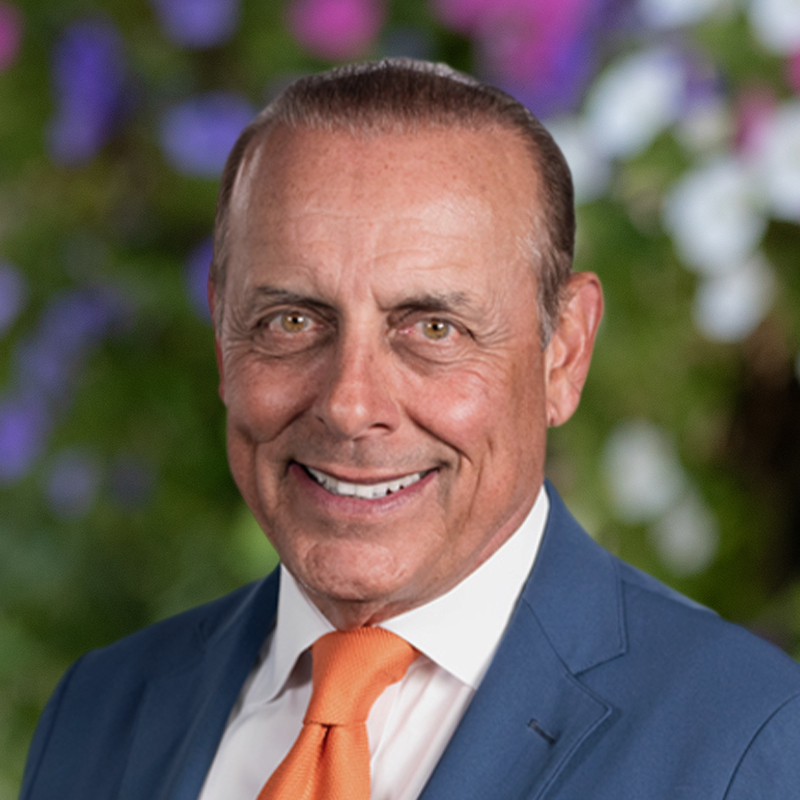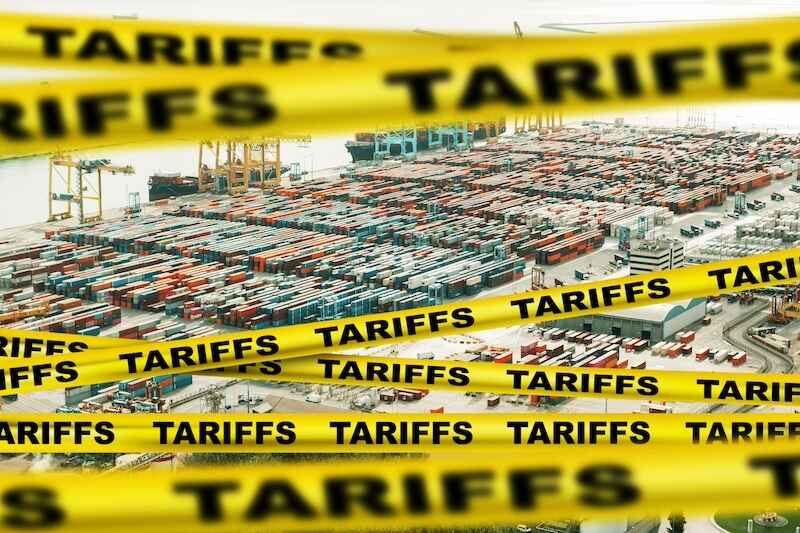Investors Open Up Their Wallets as the Economy Opens Up: But V Isn’t the Only Letter in the Alphabet
Shah Gilani|May 11, 2020
What a week equity investors had.
The Dow Jones Industrials rose a robust 2.56% last week. The S&P 500 rose a resounding 3.4%. And the never-not-leading Nasdaq Composite skyrocketed 6% higher.
That’s what I call getting it while you can, which is what I advised investors do last week.
While markets look crazy soaring every week, initial unemployment claims rise by an average of 4,100,000 per week; and benchmarks shot even higher last week as the Bureau of Labor Statistics reported 20.5 million jobs were lost in April and the nation’s unemployment rate leapt to 14.7% (wink, wink, BLS admitted it’s likely 5 percentage points higher, but seasonal and other haircutting, face-saving, adjustments wouldn’t let that headline fly), they may be right to pat themselves on the back.
That’s because the “V-shaped” recovery investors expect is self-fulfilling. I’m not talking about the economy’s recovery. I’m talking about the market’s recovery. It’s V-shaped, for sure
Call it confirmation bias.
As investors see more bad news, they see it getting closer to being the worst its going to get and that means we’re closer to turning around and that means buy, buy, buy. They see the economy opening as confirmation we’re on the other side of lockdowns, and stores and businesses opening as a reason to buy, buy, buy. Everything bad to do with the pandemic is behind us is what optimistic investors believe.
That’s confirmation bias in action.
That’s why the market’s experienced a V-shaped recovery.
More importantly, they say better than expected earnings keeps confirming their biases.
It’s all good. Until it isn’t.
As we get to the other side of earnings season and “beats” and “positive surprises” fade from the financial headlines, investors are going to have to confront the shape of the economy’s likely recovery.
Only the most optimistic analysts and economists believe we’ll see a V-shaped economic recovery, all three of them.
If things were looking sunny Congress wouldn’t be actively pushing another bailout package, this time for states and food aid.
Airlines wouldn’t be looking for more help. Their average passengers per flight is 23. They’re losing $400 million a day, and they say the bailout money they’ve gotten will be exhausted before September.
If things were looking sunny the bond market wouldn’t be pricing in a depression.
Last week 2-year and 5-year Treasuries saw their yields sink to record low levels.
That’s not a positive indication of the economy’s prospects. It’s money rushing into Treasuries, forcing their yields down, in anticipation of even lower rates headed our way.
How low and why so low?
Maybe as low as negative yielding. The way futures traded last week, bond betters were betting they’d see negative rates by early 2021. If the Fed has to drive rates into negative territory it will be because the country’s diving into a depression, that’s the only reason.
The letter that comes closest to what the economic recovery will look like is an “L,” as in down a rabbit hole and sideways, for however long it takes to heal the wounds the pandemic’s opened up.
That could change if COVID-19 doesn’t return, doesn’t mutate, doesn’t stand up to hoped-for treatments coming its way, or doesn’t frighten us when a vaccine is on its way.
But, we’re not on the other side of any of that, as equity markets insist.
We are on the other side of earnings and facing more economic hardship.
Investors may have confirmed their biases, but those biases can change.
The next two weeks are going to be a true test of market resilience. If benchmarks can stay above their new support levels, then it’s all good.
If they can’t, if they test and break those new support levels (24,000 on the Dow; 2700 on the S&P; 8500 on the Nasdaq Composite) there’s going to be trouble.
I’ll be talking about this more today at 3:45 on Money Morning’s Markets Live, and taking into account how the markets acted today and where they closed, when they close. You can catch my latest, and answer your most pressing questions, here.
Until then,
![]()
Shah

Shah Gilani
Shah Gilani is the Chief Investment Strategist of Manward Press. Shah is a sought-after market commentator… a former hedge fund manager… and a veteran of the Chicago Board of Options Exchange. He ran the futures and options division at the largest retail bank in Britain… and called the implosion of U.S. financial markets (AND the mega bull run that followed). Now at the helm of Manward, Shah is focused tightly on one goal: To do his part to make subscribers wealthier, happier and more free.

